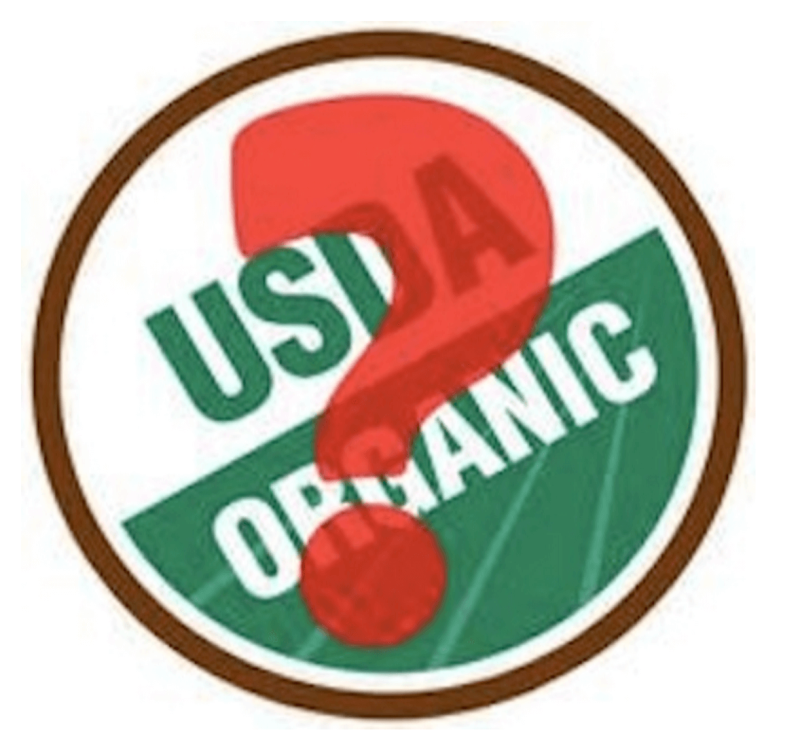Many shoppers have heard about the high environmental costs of palm oil. Take, for example, the fact that much of Indonesia’s lush rainforests have been cleared to plant palm fruit trees, causing a steep spike in carbon emissions and destroying habitats that were home to endangered species such as the orangutan. But many consumers also likely assume that buying products made with organic palm oil eliminates those costs.
And yet, the U. S. Department of Agriculture (USDA) Organic seal doesn’t guarantee that rainforests were not destroyed in order to produce palm oil—or any other raw ingredient. That’s because of a loophole in the USDA organic standards.
“You can look on a lot of organic [food] packaging and see that palm oil is used, and we as consumers have no idea [whether its production involved deforestation],” said Jo Ann Baumgartner, executive director of the Wild Farm Alliance.
…
“Right now, we basically encourage [ecosystem destruction in the name of organic],” said Harriet Behar, an organic farmer, educator, and current member of the National Organic Standards Board (NOSB). “It’s incredibly important that we protect… the last of these pristine and incredibly diverse and important ecosystems.”
Read full, original article: Does a Loophole in Organic Standards Encourage Deforestation?































